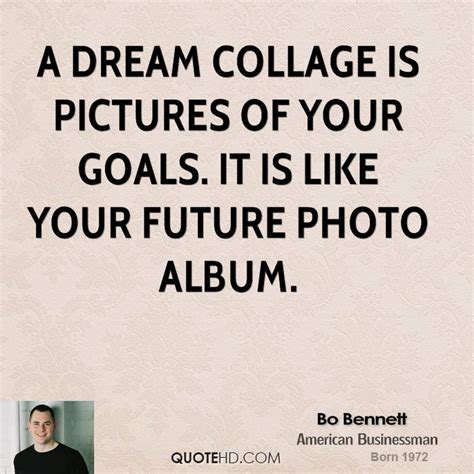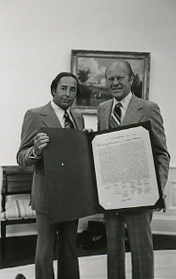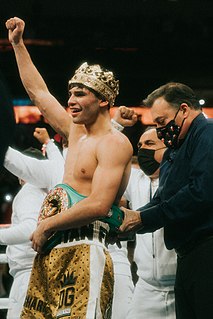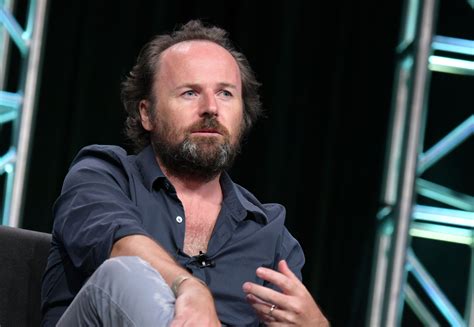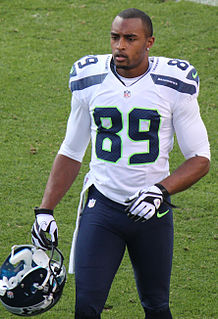A Quote by Tony Goldwyn
The more decisions you make, the better, statistically, your odds of success are. And what I also learned was, it doesn't matter: anything can be fixed. When you're directing, you can agonize, but you can't indulge. Stuff has to happen.
Related Quotes
Everybody understands that no matter what your day-to-day job is, when something happens, everybody gets involved to get it fixed and make it right. It really comes down to teamwork. When people come into the culture and see that everybody in the company plays a role to make things happen, they also act. When people don't, then it just doesn't work, and they don't make it.
The way to make better decisions is to make more of them. Then make sure you learn from each one, including those that don't seem to work out in the short term: they will provide valuable distinctions to make better evaluations and therefore decisions in the future. Realize that decision making, like any skill you focus on improving, gets better the more often you do it.





